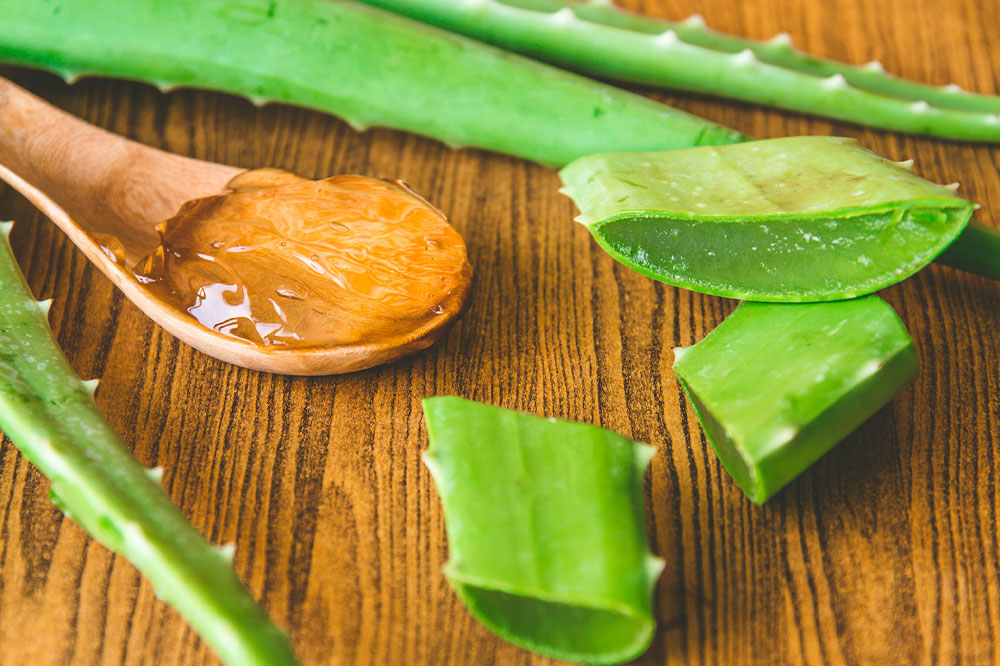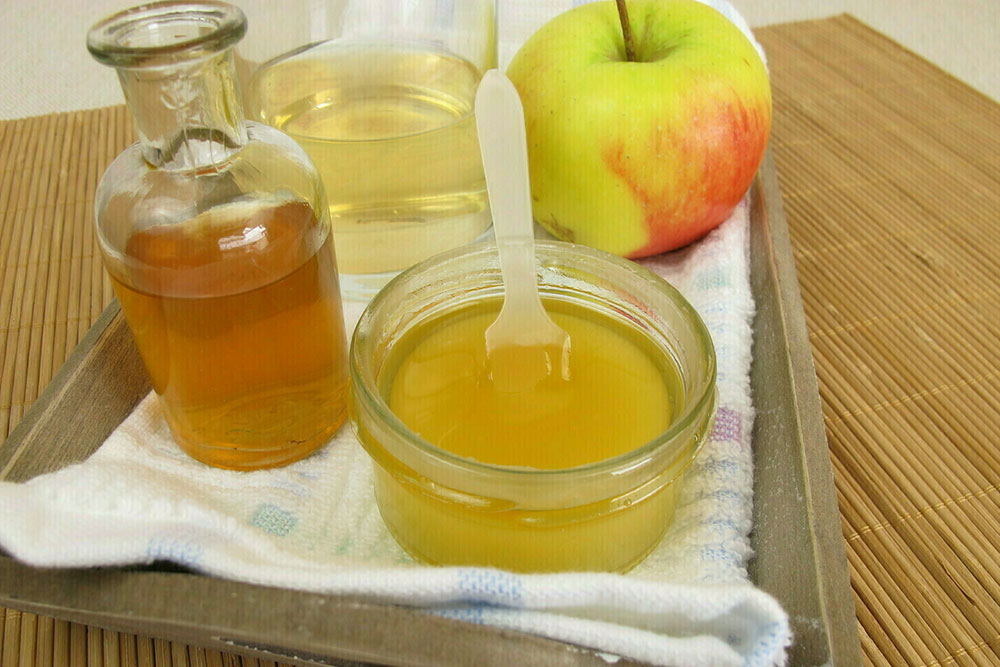10 effective home remedies for skin problems

Skin conditions are the most challenging to deal with. Whether battling a sunburn or acne, you must have the right products or remedies to combat them. Considering the myriad of skin conditions and the lengthy treatments associated with them, it can often dig a hole in your pocket. So, instead of having a doctor on board, why not seek refuge in some ingredients lying in your pantry? Here are some natural remedies for skin care.
Use coconut oil
If you have dry skin, there is no better remedy than coconut oil. It is both safe and effective. It works like petroleum jelly and treats dry skin. It also increases the amount of fats or lipids on the skin surface and improves hydration. The oil has emollient properties because of the presence of saturated fatty acids. An Emollient is an oil or fat that works like a moisturizer to fill the gaps in dry skin. Thus, it leaves the skin feeling smooth and supple.
Include turmeric in your meals
Turmeric lowers inflammation, which is prevalent in several skin conditions. Turmeric has curcumin that works like an antioxidant, shields the skin, and reduces the wound healing time. Ideally, you must add at least a spoonful of turmeric to your daily meals.
Use tea tree oil
Melaleuca alternifoila or tea tree is an anti-inflammatory and antiseptic oil.







